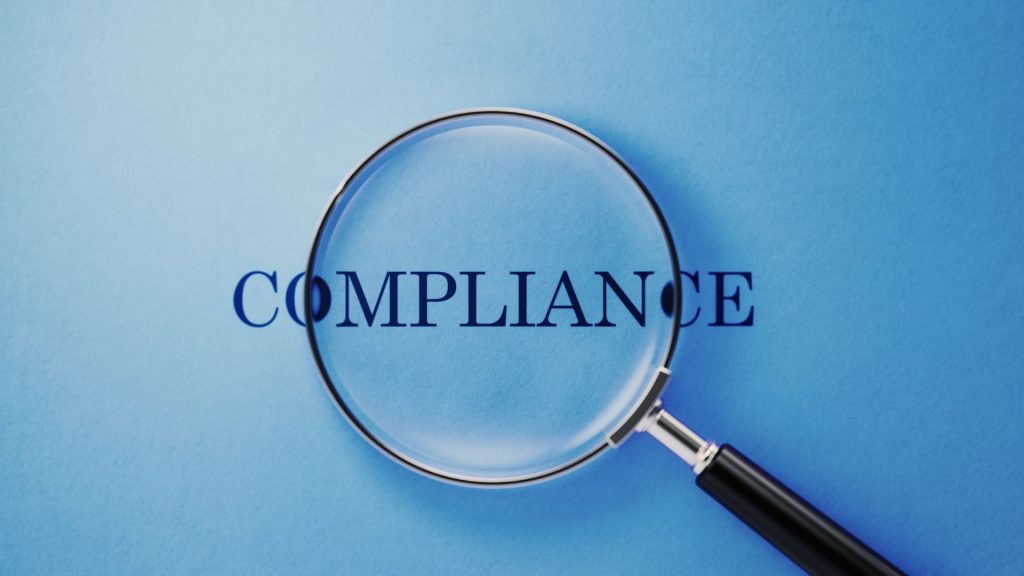Trade finance compliance has become a pivotal aspect of international business transactions, ensuring that all trade-related activities adhere to the laws and regulations of the involved jurisdictions.
As globalization has expanded the reach of businesses, the complexity of cross-border transactions has also increased, necessitating stringent checks to prevent fraud, money laundering, and other illicit activities.
Robust compliance mechanisms not only protect businesses from potential legal repercussions but also fortify the integrity of the global financial system. Given its significance, traders, financial institutions, and regulatory bodies continually collaborate to update and refine compliance standards, ensuring trade finance operates transparently and securely.
Banks facilitate trade customers and transactions and offer trade finance services to customers who export or import goods and services. Banks must perform the due diligence of the trade customers before onboarding them and providing any trade-related services. Due diligence is also required after onboarding and providing trade-related services to the importers or exporters.
Trade Finance Compliance
Banks establish a separate and dedicated department, including imports and exports sections, responsible for dealing with the traders, or importers and exporters.
Bank screening procedure of customers for trade transactions
Procedure for identifying and monitoring trade transactions with a related party
Procedure for complete risk profiling of customers in or intending to deal in trade
Procedure for developing the bank’s or authorized dealer’s risk profile
Procedure for verifying underlying contracts’ prices related to importing and exporting goods and services
Procedure for handling unclear, coded, or worded descriptions in a language other than English
Screening procedure of goods being traded according to the relevant trade policy
Procedure for Identification of Dual-Use Goods
Dual-use goods are items that can be used both, for civilian and military applications. This can also include software and technology. When trying to determine dual use goods, the following can be implemented:
Import or export licensing requirement
Identification of end usage and end user
Focus on counterparties
Goods screening from UNSC Resolutions
Other Regulatory Requirements
In the case of exports, some of the broader requirements other than identification and verification of exporters, importers, and other regulatory requirements, which banks or authorized dealers are required to ensure before processing export transactions, including that:
Arrangements are made to realize the export proceeds of the goods covered by the relevant export transaction
Arrangements are made for the receipt of documents of title to goods or other title documents of cargo like Bill of Lading, Airway Bill
Genuineness and verification of the charter party where the shipment is to be made against a charter party Bill of Lading
Final Thoughts
Banks play an indispensable role in facilitating trade transactions and providing critical trade finance services for importers and exporters. Their involvement mandates comprehensive due diligence processes both pre and post onboarding of trade customers to maintain the integrity of the financial system. Notably, a specialized department oversees these processes, ensuring adherence to the myriad of procedures including customer screening, risk profiling, and verification of underlying contracts.
Moreover, the complexity of managing dual-use goods—items usable for both civilian and military purposes—underscores the need for rigorous checks, such as licensing requirements and identification of end usage. Beyond these, banks and authorized dealers must adhere to regulations ensuring the realization of export proceeds and the authenticity of pertinent documentation, further emphasizing the intricate tapestry of responsibilities they bear in the sphere of international trade.




